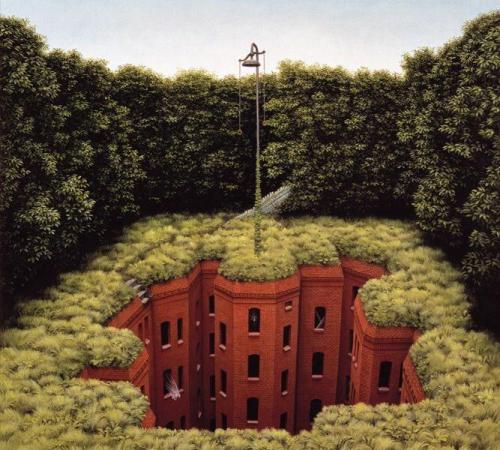
ulian Assange dreamt that one day the internet would streamline the leaking of state secrets. Last week his whistleblowers’ website posted its most explosive leak yet: a secret video shot by an American attack helicopter of Iraqi civilians and a Reuters photographer being mown down, apparently in cold blood.
The release of the military footage and recordings of US air crew mocking the dead has deeply embarrassed the Pentagon, outraged Iraqi journalists and enhanced the aura of mystery surrounding Assange, a figure so elusive that he even refuses to confirm his age: “I prefer to keep the bastards guessing.”
Believed to be a 37-year-old Australian, with boltholes in Sweden, east Africa and Iceland, Assange is the founder of Wikileaks, a website that cheekily dubs itself the “uncensorable Wikipedia for untraceable mass document leaking and analysis”. Designed as a digital drop box, the site is a place where anyone can anonymously post sensitive information.
Few photographs exist of Assange (pronounced A-sanj), a rebel wary of face-to-face interviews. YouTube images of him show a youthful figure with a shock of snow-white hair. Once, when a journalist asked to meet him, he retorted: “What’d you want to see — the way I move my eyebrows?”
Related Links
* No one's secrets are safe from Wikileaks
* ‘Can I shoot? Come on, let us shoot’
* Profiles: Iraq journalists killed by US gunships
His caution — some would say paranoia — is understandable: he has made many enemies since launching Wikileaks three years ago. He claims the Pentagon is out to destroy the site after a series of exposés, notably the US rules of engagement for Iraq, Nato’s plans for the Afghan war and the operations manual for the US detention centre at Guantanamo Bay, Cuba, which revealed it was American policy to hide some prisoners from the International Committee of the Red Cross and use dogs to intimidate inmates.
Assange claims to have swung the Kenyan presidential election in 2007 by exposing corruption at the highest levels. A few weeks earlier, he had been sleeping inside a guarded compound in Nairobi, the country’s capital, when six men with guns emerged from the darkness. Commanded to lie on the ground, Assange obeyed briefly before jumping up and shouting. As the compound’s security team arrived, the intruders fled into the night. He was sure they were after him: “There was not anyone else worth visiting in the compound.”
Assange preaches a “radical democracy” that is taking online activism into new and uncharted territory. Wikileaks is essentially an outlaw operation, creating a viral or word-of-mouth buzz with arresting secret intelligence. It has forced itself to the forefront of journalism in the digital age, where sites such as the Drudge Report once ruled supreme.
“Full source material is what helps keep journalism honest,” Assange told The New York Times. “It’s independently checkable in a way that a scientific paper is checkable. It’s time that the media upgraded its capabilities along those lines.”
He travels light to stay ahead of his foes, having lived for spells in Kenya and Tanzania. “He’s a weird guy,” said a former associate. “He seems to be quite nomadic, and I don’t know how he lives like that, to be honest. He turns up with a rucksack, and I suspect that’s all he’s got.”
Persistent journalists have been rewarded by the hushed tones of the elusive Pimpernel speaking from the former Soviet republic of Georgia, or Belgium — the latter because it is illegal to monitor telephone calls. Wikileaks also adopts a will-o’-the-wisp profile: it has no headquarters, only five full-time editors and 800 occasional volunteers. Its primary server is in Sweden, where internet anonymity is upheld by law.
“We have had to spread assets, encrypt everything, and move telecommunications and people around the world to activate protective laws in different national jurisdictions,” Assange wrote in February. He boasts of having fought off more than 100 legal actions, but concedes that the traditional media suffer a disadvantage: “Large newspapers are forced to remove or water down investigative stories rather than risk legal costs.”
The output of Assange’s brainchild is prodigious. Within a year of its launch, the site claimed its database had grown to 1.2m documents: now, as many as 10,000 flood in daily. Thanks to Assange’s army of online dissidents, you can study the design of the Nagasaki atomic bomb or a report on how Britain acquired its nuclear weapons capability.
Of Britain’s Official Secrets Act, Assange declared: “The dead hand of feudalism still rests on every British shoulder; we plan to remove it.” The Ministry of Defence is said to be keeping tabs on the unbridled activist. Wikileaks published the British National party’s membership list.








Ei kommentteja:
Lähetä kommentti